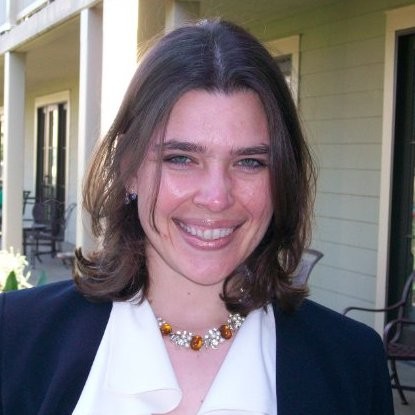
This article series is sponsored by Walmart and produced by the TriplePundit editorial team.
I recently traveled to upstate New York for a visit with the Food Bank of the Southern Tier. During my time there, I met four amazing women—all with different stories, but each of whom had seen dramatic changes in their lives centering on the moment when they started to eat healthy and nutritious food. I was moved as they shared their personal journeys and reminded again how important it is to keep people’s experiences, perspectives, and the needs of communities at the center of what we do.
Each and every day, Walmart and the Walmart Foundation work to help serve communities—it’s in our DNA. The company was formed to bring people access to the most important things they need to live their lives better—and what could be more important than access to food? We believe no family should have to choose between food that’s healthier for them and food they can afford. That’s why we believe it is important to be a part of the work being done by the Food Bank of the Southern Tier, and food banks, pantries, soup kitchens, and other hunger relief agencies that open their doors to their local communities each day. In addition, we support programs that provide nutrition education and cooking skill development to help families build confidence in choosing healthier foods.
And, as the world’s largest grocer, Walmart is relentless in our commitment to making healthier food more accessible to our customers.
We’ve accomplished some important milestones in this work. In 2015, Walmart and the Walmart Foundation committed to help provide 4 billion meals to people in need and provide nutrition education to 4 million people by 2020. We recently announced that we have put funding in place to reach both of these commitments ahead of schedule. While we are proud of our work, that milestone that is shared with hundreds of thousands of individuals: our associates who volunteer their time and talents, the organizations who serve communities on the front lines, suppliers who have helped to mobilize customers and communities, and other funders who have helped support organizations as they work to serve those in need. The commitment of each of these individuals taken together makes a significant difference.
As much as there is to be proud of, we also know that this is just a step taken in our journey toward everyone having access to healthier food. Inequity in access to healthier food persists—and the world looks different than it did five years ago, meaning we need innovation and creativity to find new solutions. For example, data analytics and machine learning are changing the way we work and offer promise for new ways to solve problems. Even the way families shop, cook and eat is changing—all of this innovation offers new opportunities to help support families who are most in need.
So, while we should celebrate what we have accomplished and learned, we’re not done yet. We will continue to lead with Walmart’s strengths, including donating food and engaging customers and associates, and continue to focus on the system itself, strengthening food recovery efforts, and providing support for extending the reach of hunger relief programs in new ways. But, we take seriously the challenge of how to evolve our work. Our vision for a sustainable food system is one that will require combining efforts to improve access and availability to healthier food with approaches to increase people’s confidence to select, prepare and serve healthier foods. It will also involve taking a look at where resources are most needed, and where they are distributed today.
That is not to say there are not needs in every community. In fact, check out Feeding America’s Map the Meal Gap to see how many people in your county are food insecure. Walmart and the Walmart Foundation are committed to continuing to invest in programs that impact communities at scale. However, we are also looking to prioritize reaching communities that experience higher rates of food insecurity and diet-related diseases, focusing on programs that are culturally and geographically relevant to support those communities.
We know there is a lot to learn in the next chapter of this work. But the invitation to think differently about how to achieve a more sustainable and accessible food system for all is one we are excited to accept.
Image credit: Sharon McCutcheon/Pexels

Karrie Denniston is the Senior Director of Sustainability for the Walmart Foundation.














